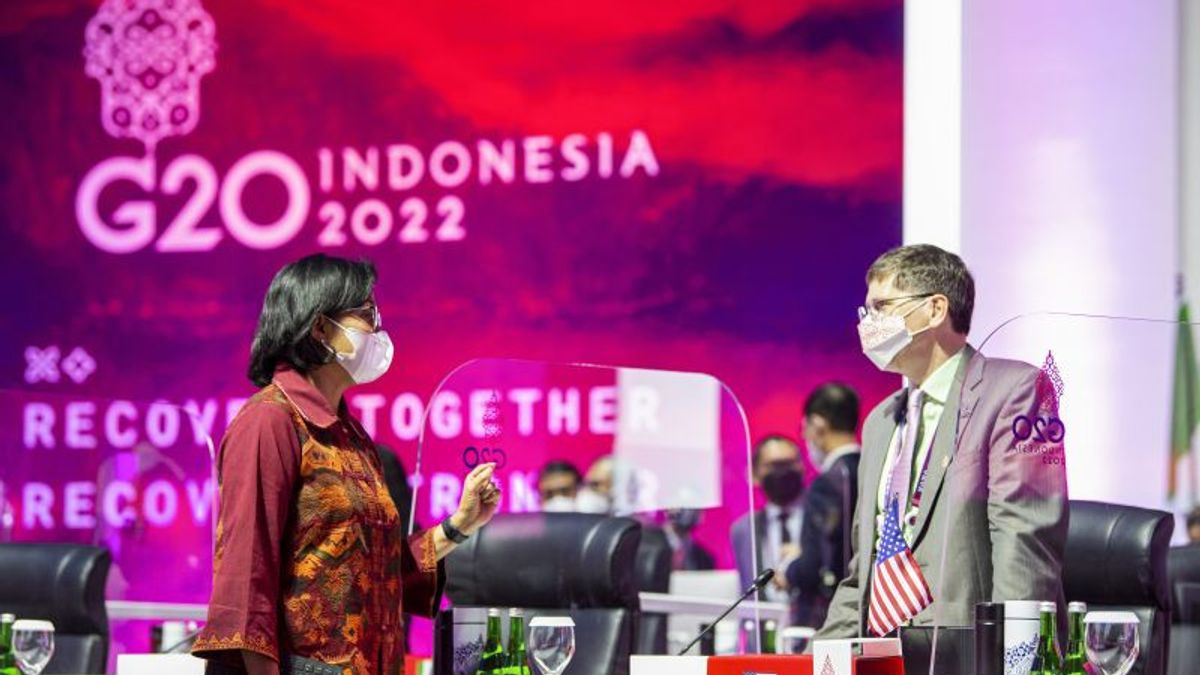PARIS - G20 finance ministers on Friday 18 February recommitted to implementing a global overhaul of cross-border corporate tax rules next year in the face of concerns that meeting the deadline could prove difficult. The Organization for Economic Co-operation and Development (OECD), which has led the negotiations deal from the outset, saying it was "still on track" but would require political compromises to take effect next year. The deadline is widely seen as very ambitious, not least because the administration of US President Joe Biden is struggling to pass legislation that would bring the law into effect. The US is in line with the global deal. Years of negotiations peaked last October when nearly 140 countries reached agreement on a minimum 15 percent tax rate on multinational companies and agreed to make it harder for companies like Google, Amazon and Facebook to evade taxes by parking profits in jurisdictions. low taxes. Technical details are being discussed at the Paris-based OECD so countries can bring the new rules into their law books next year.
The G20 finance ministers said in a joint statement after the meeting that they were committed to ensuring the new rules would come into force at the global level by 2023. "However, this task is daunting and we need your political support and direction to ensure that progress is made in a timely manner. right," OECD Secretary-General Mathias Cormann said in a report to G20 finance ministers. "We need to rely on your ability to compromise to ensure that we deliver on time," he added. implemented because countries are dragging their feet to update their tax codes. "The key question is the implementation of our political agreement. There is no turning back, we have to move," French Finance Minister Bruno Le Maire told his colleagues during the meeting. German Finance Christian Lindner me said: "This is an ambitious schedule, but also a major and important project for international tax justice." Le Maire invited his G20 counterparts to come to Paris in June to sign the new multilateral legal framework needed to implement the first pillar of the treaty. , which makes it harder for digital giants to park profits in low-tax countries.
The English, Chinese, Japanese, Arabic, and French versions are automatically generated by the AI. So there may still be inaccuracies in translating, please always see Indonesian as our main language. (system supported by DigitalSiber.id)













